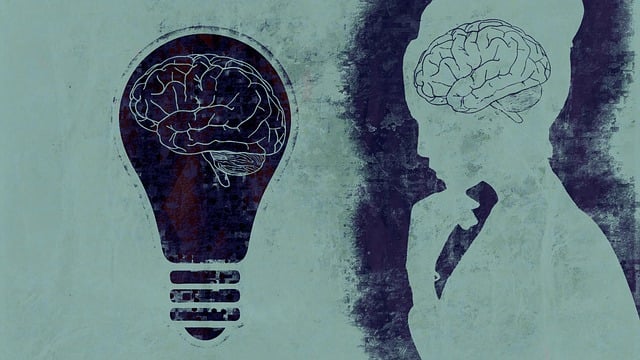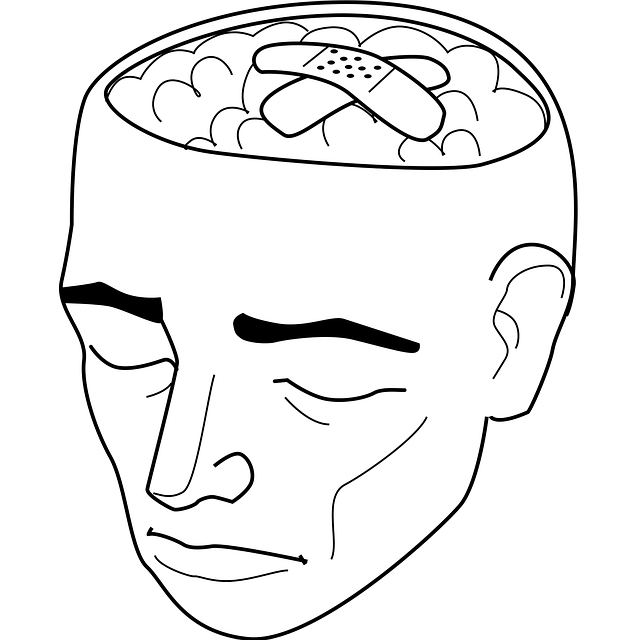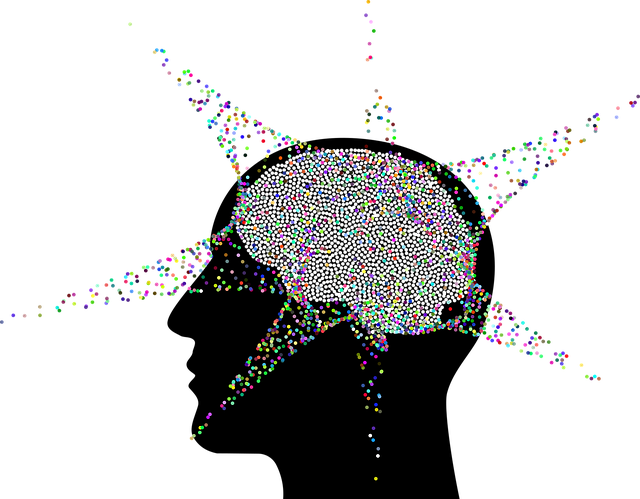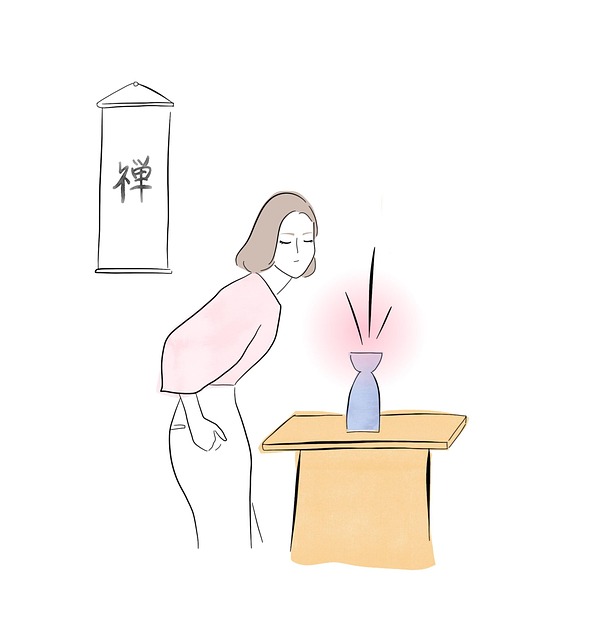Aurora Somatic Experiencing Therapy (ASET) is a novel, evidence-based mental health risk management approach that focuses on trauma healing and body-mind connection. Mental health professionals utilize ASET's nuanced risk assessment techniques to tailor interventions, implement safety plans, and foster supportive environments for clients' emotional and psychological well-being. This holistic method, backed by rigorous policy analysis, enhances practitioner resilience, reduces burnout, and prevents secondary traumatic stress. By integrating self-care, supervision, professional development, and boundary setting, professionals can effectively navigate complex cases while maintaining high care standards, ultimately strengthening the mental health care system's overall resilience.
Mental health professionals face unique challenges, with risk assessment playing a vital role in ensuring patient safety and well-being. This comprehensive guide explores the intricacies of risk assessment within mental health practice, offering valuable insights for practitioners. We delve into the significance of understanding risk factors and present an innovative approach: Aurora Somatic Experiencing Therapy (ASET), which has proven effective in mitigating risks associated with trauma. Additionally, we provide essential strategies for proactive risk management.
- Understanding Risk Assessment in Mental Health Practice
- The Role of Aurora Somatic Experiencing Therapy (ASET) in Mitigating Risks
- Strategies for Effective Risk Management for Mental Health Professionals
Understanding Risk Assessment in Mental Health Practice

In mental health practice, risk assessment is a fundamental component that helps professionals identify and mitigate potential hazards for clients. It’s an essential process to ensure safe and effective care, especially for those engaging in therapeutic modalities like Aurora Somatic Experiencing Therapy (ASET). ASET, with its focus on trauma healing and body-mind connection, requires a nuanced understanding of client risks, including physical, emotional, and psychological vulnerabilities. By conducting thorough risk assessments, mental health professionals can tailor interventions, implement necessary safety plans, and foster a supportive environment conducive to healing.
Risk assessment is not a one-time event but an ongoing process that evolves with the client’s journey. It involves reviewing clients’ history, current circumstances, and presenting issues while considering external factors that might impact their mental wellness. Incorporating strategies like Community Outreach Program Implementation and Self-Care Practices within risk assessment can further enhance client outcomes. For instance, Mental Wellness Journaling Exercise Guidance can provide clients with tools to track their progress, process emotions, and maintain self-awareness, thereby empowering them in their healing journey.
The Role of Aurora Somatic Experiencing Therapy (ASET) in Mitigating Risks

Aurora Somatic Experiencing Therapy (ASET) plays a pivotal role in mitigating risks for mental health professionals by offering a unique approach to trauma healing and stress management. This therapy focuses on the body’s innate ability to regulate and heal itself, addressing the deep physical and emotional connections that can arise from traumatic experiences. By integrating mind and body, ASET helps professionals cultivate resilience, reducing the risk of burnout and secondary traumatic stress.
Incorporating techniques like mindfulness meditation and somatic experiencing into their practices, mental health professionals can enhance their own mental wellness and better support clients. This holistic approach, supported by rigorous Mental Health Policy Analysis and Advocacy, promotes a comprehensive understanding of trauma response, fostering safer and more effective therapeutic environments. The benefits extend beyond individual practitioners, contributing to a stronger, more resilient mental health care system as a whole.
Strategies for Effective Risk Management for Mental Health Professionals

Mental health professionals must adopt proactive strategies for effective risk management to ensure a safe and supportive environment for their clients. A comprehensive approach involves integrating various techniques, such as regular self-care practices, supervision, and ongoing professional development. Incorporating Stress Reduction Methods, like those taught in Aurora Somatic Experiencing Therapy, can significantly enhance resilience and emotional regulation skills among practitioners. These methods not only promote mental wellness coaching programs development but also foster a deep understanding of mind over matter principles, enabling professionals to better support their clients’ journeys towards healing.
Additionally, establishing clear boundaries, maintaining confidentiality, and staying updated on industry best practices are vital components of risk management. By prioritizing self-awareness and continuous learning, mental health professionals can navigate complex situations with confidence, ensuring the highest standards of care for those they serve.
Mental health professionals face unique risks in their line of work, but with the right tools and strategies, these challenges can be effectively managed. By understanding risk assessment as a fundamental aspect of mental health practice, therapists can create safer environments for both clients and themselves. Aurora Somatic Experiencing Therapy (ASET) emerges as a powerful technique to mitigate these risks by addressing the profound impact of trauma on the body and mind. Combining ASET with robust risk management strategies empowers professionals to foster resilience in their clients while safeguarding their own well-being, ultimately enhancing the quality and sustainability of mental health care.














